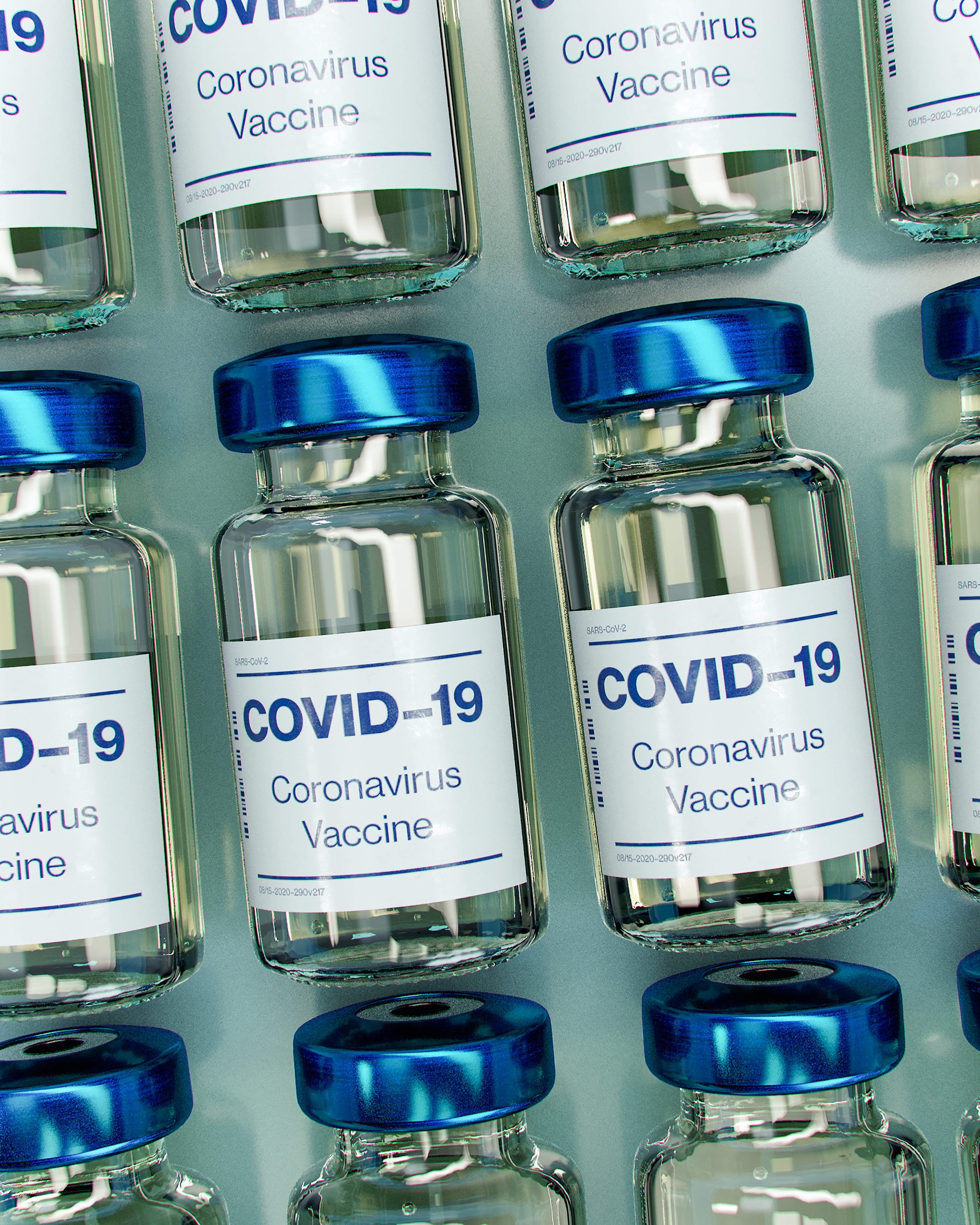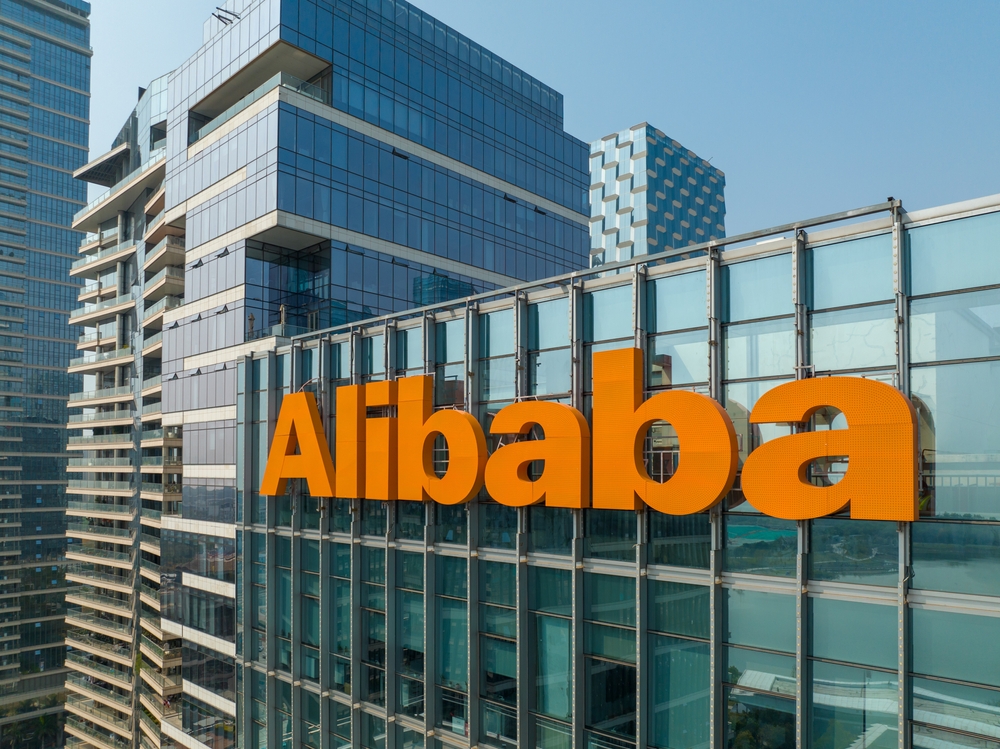Since Pfizer announced last Friday it had submitted an emergency use authorization request to the U.S. Food and Drug Administration (FDA) for the COVID-19 vaccine, which could enable the use of the vaccine by the middle of December, the stocks rose 7.9% and the share price hit a high of $41.8.
How did Pfizer's shares develop in the previous hectic period?
On Monday, November 9, 2020, Pfizer and BioNTech issued a press release in which Dr. Albert Bourla, Pfizer Chairman and CEO, said: “It’s an important day for science and mankind. First results of Phase 3 study of COVID-19 vaccine have revealed primary evidence of the ability of our vaccine to prevent COVID-19.” The news led to a 17% stock growth.
On Wednesday, November 18, 2020, Pfizer published an updated analysis of Phase 3 clinical trials of the COVID-19 vaccine. With 44,000 participants in the trial, the final results showed 95% efficacy against COVID-19. The stock opening price on that day was worth $36.8 (+ 1.03%), the daily maximum was as high as $41.8 and the closing price was $36.3 (-1.28 %).
Pfizer and BioNTech became a leader in coronavirus vaccine race. “Primary efficacy analysis proves the vaccine to be 95% effective against COVID-19 beginning 28 days after the first dose. The efficacy was consistent across age, gender, race, and ethnicity demographics; observed efficacy in adults over 65 years of age was 94%.”
Pfizer and BioNTech signed agreements on delivery of the COVID-19 vaccine with the US and the United Kingdom. The U.S. government will pay $1.95 billion for the first 100 million doses and can acquire up to an additional 500 million doses. Britain will receive 30 million doses.
When the final phase confirmed 90% efficacy of the Pfizer vaccine, the stocks grew shortly at the beginning of November. On the very same day, November 9, 2020, two members of the management sold their shares of Pfizer common stock, which precluded a stock price explosion. Due to that, many traders began to doubt the third phase of the research. However, it’s a common procedure that CEOs sell a certain number of shares or a part of a company's portfolio once stock price increases.
Sally Susman, Executive Vice President, and Dr. Albert Bourla, Pfizer Chairman and CEO, sold 176,170 shares at the top of the company, with a total value of more than $7.3 million. Even though the company had dropped in the past quarters, the company still represents an extremely interesting investment opportunity, mainly due to its stable business activities. Large investments, cooperation enlargement, partnership with its competitors, and public health are key areas for a secure future.
We may expect growing uncertainty due to the ongoing pandemic. Progress and development of vaccines could bring a solution to the current global problems. Pfizer is a leading company, which could positively impact the market value of the pharmaceutical giant.
About Pfizer Inc.
Pfizer Inc. (NYSE: PFE) was founded in 1849 and is headquartered in New York, New York.
Pfizer is one of the world’s largest pharmaceutical companies, with annual sales of over $50 billion. With almost $8 billion annually, the company is one of the most important contributors to research and development. In the past, Pfizer was selling many types of healthcare products and chemicals. Nowadays, prescription drugs and vaccines represent the majority of sales. The best sellers include pneumococcal vaccine Prevnar 13, neuroscience drug Lyrica, cancer drug Ibrance, cardiovascular treatment Eliquis, and immunology drug Xeljanz. Pfizer sells its products globally, while its international sales represent almost 50% of its total sales. Within international sales, emerging markets contribute to its growth the most, representing over a fifth of total firm sales.
Moreover, the company participates in contract manufacturing, offering its services to wholesalers, retailers, hospitals, clinics, government agencies, pharmacies, and individual providers, as well as disease prevention and control centers.
Pfizer has collaboration and/or co-promotion agreements with Bristol-Myers Squibb Company and Astellas Pharma US, Inc.; a licensing agreement with Akcea Therapeutics, Inc; a strategic alliance with Verily Life Sciences LLC; collaboration agreements with Merck KGaA and Valneva SE; a clinical trial collaboration and supply agreement with IDEAYA Biosciences, Inc.; a material transfer and collaboration agreement with Sosei Group Corporation.















